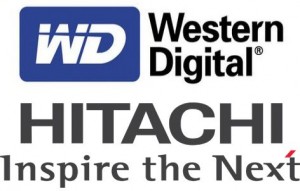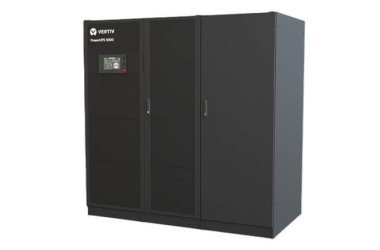 Hitachi is trying to expand beyond storage services to tackle emerging areas like big data and converged IT, according to Hitachi Data Systems CTO, Hu Yoshida. The change reflects a recent change in leadership in the larger company, Hitachi, Ltd., he said.
Hitachi is trying to expand beyond storage services to tackle emerging areas like big data and converged IT, according to Hitachi Data Systems CTO, Hu Yoshida. The change reflects a recent change in leadership in the larger company, Hitachi, Ltd., he said.
“There has been a major change at Hitachi, Ltd.,” Yoshida said. New CEO Hiroaki Nakanishi is “taking Hitachi into the next growth phase.” Nakanishi wants Hitachi to become a global company with an increased focus on “social innovation” — for example, in energy and healthcare. The executive has consolidated many IT areas — for example, high-end storage, servers and software — into one IT systems division, he said.
Big data is a big new focus for Hitachi, said Yoshida. “It’s more than just storage. It’s also the data management of that [and] the convergence of server, network and storage.” Yoshida has detected much interest from customers, he said. “Everybody intuitively feels that there is so much information there that they are not harnessing and getting value from.”
One big data challenge that Hitachi has attempted to solve is in healthcare: bringing together a variety of data sources, including medical tests and administrative information, into a single location, Yoshida said. It is then possible to run automated diagnostics, resulting in “better healthcare for the patients,” he said.
Meanwhile, Hitachi is adding partners in Australia to provide more comprehensive IT services, said Hitachi commercial sales director for Australia and New Zealand, Anthony Clarke. “That’s a big change” from the days when companies bought separate pieces and “bolted” them together.
Storage still remains a focus for Hitachi. Hitachi views the NBN in Australia as an opportunity for its storage business, said Clarke. “NBN creates the backbone for organisations to be able to serve up a new wave of applications” and “digital media,” all of which will require storage.
Yoshida predicted a decline in enterprises managing their own storage, he said. “They’ll still have responsibility for the data, but I think the infrastructures will become virtualised or cloud-enabled,” either public or private, he said. “The operations people will become data analysts.”
Larger enterprises today mostly run private clouds, while smaller companies with less capital to invest in their own infrastructure are moving to public cloud, he said. Yoshida predicted a movement to on-demand cloud provisioning “where you just buy what you want when you need it”.
The cost of storage has risen, making it more important for businesses to be efficient with data, Yoshida said. Hitachi has partnered with the Holmsglen TAFE in Victoria to find ways to reduce the school’s storage costs.
Storage prices spiked after floods in Thailand wiped out supply plants, Yoshida said. The plants are being rebuilt, but prices have not returned to previous low levels, he said. Slowing advancement in storage technologies has had an impact, too, Yoshida said. “Densities aren’t doubling every two years,” he said. “It’s slowed down considerably, so the price erosion that used to be 30, 40 per cent has now slowed down to about 20 per cent.”
Flash-based solid-state drives (SSDs) are becoming “more practical for the enterprise space,” Yoshida said. He estimated that SSD drives could be cheaper than traditional hard-disk drives in five years. Hitachi is working to enhance the capacity and durability of SSD to make it more attractive to enterprise, he said.





